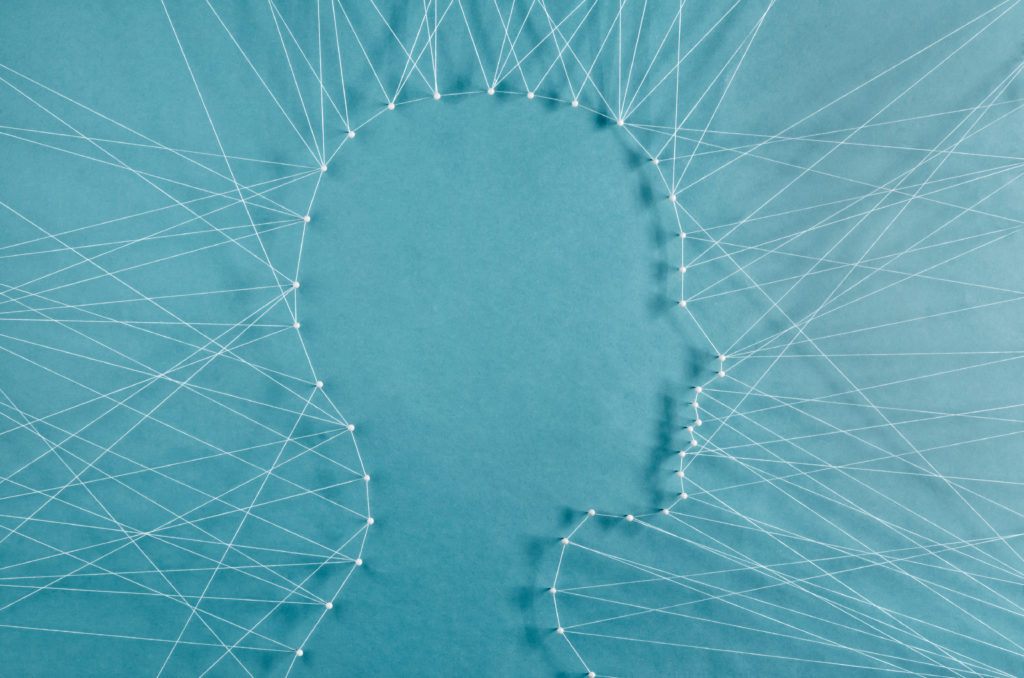
After participating in New York University’s (NYU) cancer anxiety research study, Eddie had one major takeaway: “I just had gratitude that I’m here.” He composes himself before continuing, “Gratitude for everything, for being alive.”1
This was no small insight for Eddie, who was diagnosed with a rare small cell carcinoma. After successfully being treated with chemotherapy and surgery, he started to suffer from deep anxiety of the cancer returning.
In 2016, he participated in a study at NYU with 28 advanced-stage cancer patients to test whether psilocybin, a prodrug compound found in magic mushrooms, could alleviate the existential distress that accompanies a terminal diagnosis.2 That same year, Johns Hopkins University (JHU) also treated 51 cancer participants with psilocybin for the alleviation of anxiety and depression.3
Anthony Bossis led the study at NYU after working for over 15 years in palliative care. When explaining why he initiated this study, he said, “One of the great pioneers of psychedelic medicine, Ralph Metzner, felt that psychedelics for death and dying was the most important application of these medicines and I agree.”4
Scientists still don’t know exactly how psilocybin works in the brain, but a recent paper supports the idea that it might the patient’s interpretation of their own experience (along with integration work with a therapist) that leads to long-term improvement rather than the drug itself.5
In the interviews below, patients described how psilocybin affected their depression, anxiety, and aspects of their lives beyond the study expectations.
Exploring Cancer
Dinah was diagnosed with ovarian cancer but was “being eaten alive by anxiety.”4 During her psilocybin session at NYU, she experienced traveling through her body.
I saw my fear as a big black lump in my abdomen under my rib cage. It was not the cancer, but it was the fear itself. And it infuriated me to see it. I was so angry, and I screamed, ‘Who do you think you are? Get the fuck out.’ Once I did that, it was gone. It just disappeared.6
Eight years after the psilocybin experience, her anxiety about cancer “has never come back.”
A description of an embodiment of cancer was common, with almost half of the NYU participants interviewed imagined ejecting it from their bodies or completely accepting it as part of their life story.7
Patrick participated in the NYU study after his cancer had metastasized and wrote down a similar experience. “I took a tour of my lungs. There were nodules but they seemed rather unimportant. I was being told (without words) to not worry about the cancer. It’s minor in the scheme of things… and that the more important matter, the real work to be done is before you: love.”8
Bossis summarized Patrick’s outcomes. Since the study, he was less anxious regarding his cancer, and his quality of life dramatically improved. He no longer lived with a fear of dying and the cancer was almost irrelevant. The patient said he lives more in the present. He focuses on his relationships because he had learned that love was the “only thing that mattered.”
Being Present
During her experience at JHU, Kerry had distinctly heard a booming voice that told her, “Right here, right now – you are alive right here, right now because that’s all you have.”9 She uses this as a mantra and reminder to live in the moment. “I’m not scared or full of anxiety. The experience transformed my inner perspective on a cellular level. All these years [after the study], I’m truly living.”10
An anonymous patient said, “The percentage of my life that I am able to be present in just a moment has increased dramatically, and it’s really just been restored from almost nonexistent to often existent . . . it is unique and monumental in a way.”7
Participants commonly described a shift in their life priorities, such as being present in the moment, feeling empowered and less stuck, and some described that they engaged in healthier habits and weight loss.7
A Sense of Connection
Estalyn, diagnosed with an untreatable and aggressive form of lymphoma, experienced what scientists refer to as a “turning point,” where periods of distress can transform into positivity and understanding.7 After experiencing, “The worst pain and the worst fear and the worst anxiety,” she said…
…turned into something that is the most precious thing I’ve ever known. I wish I could put it into words, but it was a sense of connectedness that runs through all of us.11
In this experience, Estalyn learned that “I’m not alone. You’re not alone; none of us are. And we’re all a part of something much bigger than ourselves.12 If people could know how connected they really are – connected to spirit, to each other, and to nature, then so much of their fear and anxiety would dissipate.”11
This sense of interconnectedness, which others in the study also described, gave patients a sense of empowerment, personal agency, belonging, and acceptance.7
This profound sense of connection is described as the “experience of unity,” a measurement that is predictive of long-term positive outcomes and reduced depressive symptoms.13
Gratitude
Janeen, a participant at JHU, also described being able to enjoy the little things in life. “This study has changed everything in my life, everything. I am more patient, I am more thoughtful, I stop and I take the time. I am present.”14 Smiling, she says it’s true that “I have a few years chopped off my life, but look at the quality that I’m able to experience now.”
Eddie said,
I think I’m better equipped to appreciate the good things. Honestly, that’s another thing that the medicine has taught me, is that I’m grateful for my life. I’m grateful to be alive in a way that I didn’t know I could be grateful. It’s a kind of gratitude that, [shakes his head], it’s ineffable.15
Published Study Results
JHU’s results showed that after the psilocybin and therapy sessions, approximately 80% of patients had significantly decreased depression and anxiety.3 Friends and family members also noted profound decreases in mood disturbance and increases in measures of quality of life, life meaning, death acceptance, and optimism.
Those dramatic results have also been proven to last. In 2020, 4.5 years after the trial at NYU ended, 60-80% of patients were still reporting reduced depressive and anxiety symptoms and associated positive life changes from the psilocybin clinical trial.16
Eddie summarizes, “In some ways, I think I’m better equipped to be with whatever life presents. But that doesn’t mean that I’m without anxiety, it doesn’t mean that if faced with something that I don’t like that I won’t despair. But I think that I’m better equipped to face it.”15
